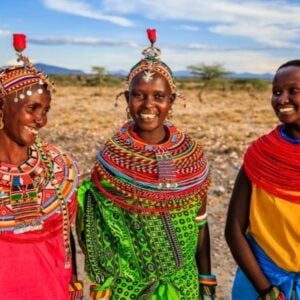The African Development Bank Group has approved a $19.93 million grant for The Gambia under the Resilience Building – Vulnerable Youth and Women Support Project. The funding aims to improve access to essential social services in underserved areas and promote sustainable livelihoods, addressing the structural drivers of poverty, fragility, and irregular migration. This initiative falls under the Bank’s Transition Support Facility (TSF), which targets early responses to fragility and conflict risks.
The project responds to The Gambia’s pressing socio-economic challenges, where over half the population lives below the poverty line. Rural poverty affects 76% of the population, with youth unemployment at 38.6%, and women disproportionately affected. These conditions, coupled with inadequate access to services, contribute to migration and social instability. The project seeks to bridge regional disparities in development, including gaps in electricity access and child nutrition.
It plans to create 1,500 new jobs and improve productivity for 5,000 existing roles, alongside delivering vocational training annually to 500 young people in high-demand sectors such as agriculture, ICT, and renewable energy. Additionally, 500 women-led businesses and 50 women’s cooperatives will receive support to enhance economic participation and entrepreneurship.
Healthcare investments include rehabilitating four primary health centers in regions with high maternal and child malnutrition rates, such as Basse, Kuntaur, and Janjanbureh. Nutrition surveillance will benefit 22,000 children and provide specialized treatment to 1,000 malnourished children. These interventions are designed to reduce mortality and strengthen community health systems.
Food insecurity has worsened significantly, with national rates jumping from 13.4% in 2021 to 29% in 2023, and reaching 61% in some regions. The project addresses this by promoting climate-resilient agriculture and reinforcing local value chains, helping to mitigate climate-induced risks and improve food security.
To advance financial inclusion, the project will create credit lines and provide business development services, especially targeting youth and women who lack access to capital. With 77% of youth excluded from formal financial systems, the initiative aims to unlock entrepreneurship and economic resilience.
Furthermore, the project will scale up efforts to combat gender-based violence and promote equality, while supporting institutional capacity for data-driven policymaking. This includes systems to monitor fragility trends and improve long-term governance.
Civil society organisations such as TANGO will play a key role in ensuring the project is inclusive and aligned with national priorities, emphasizing participatory approaches and community ownership.







